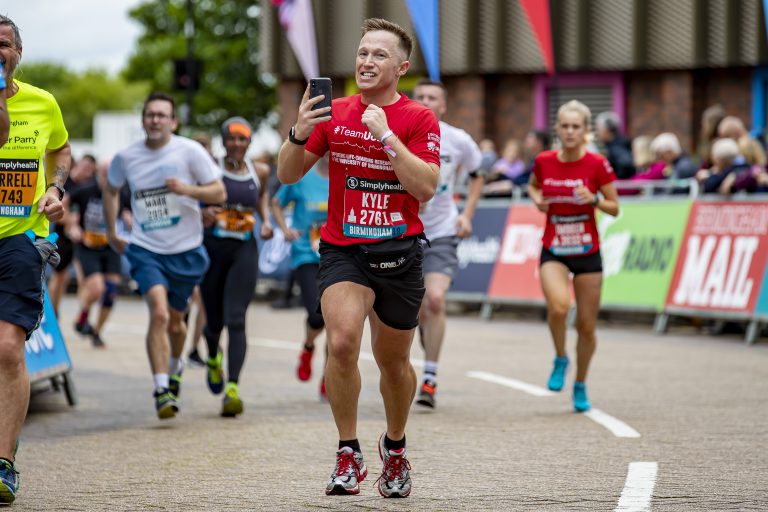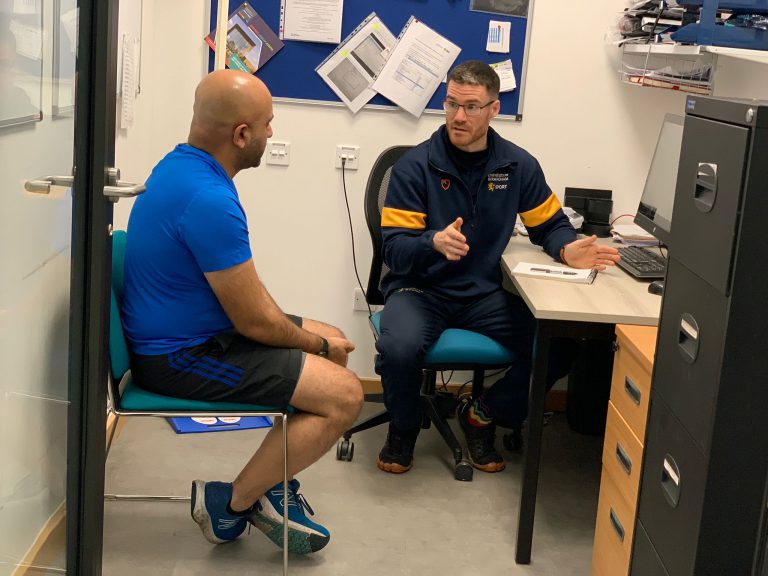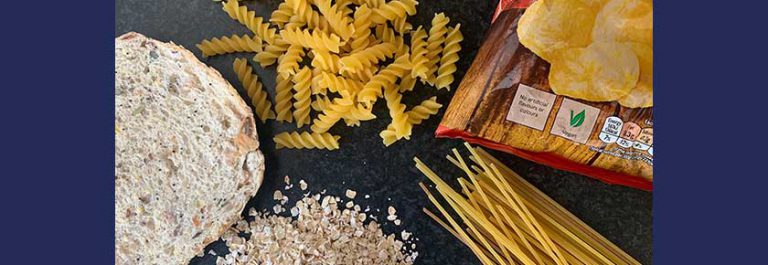
Tasty Protein Pancakes with a Sprinkle of Nutrition
Tasty Protein Pancakes With a Sprinkle of Nutrition Pancake day, also known as ‘Shrove Tuesday’, is a day when many of us indulge in a

Tasty Protein Pancakes With a Sprinkle of Nutrition Pancake day, also known as ‘Shrove Tuesday’, is a day when many of us indulge in a

How to boost your vitamin D levels Meet Rachel, our Lead Performance Nutritionist who supports our scholars and performance teams to ensure their diets are

If you’re worried about leaving it too late to start training, or simply have concerns about committing to your first ever long-distance run in front

Muslims who choose to fast during Ramadan will abstain from eating and drinking between sunrise and sunset each day for one month. It’s a busy

The holiday season can be a great time to unwind, especially during the world’s current ups and downs. Food and exercise can take a nose

Contrary to popular belief, carbohydrates are not the enemy! When you’re being active, it’s important to consume carbohydrates as part of your diet to provide

You cannot ‘boost’ your immune function through your diet, however your diet can be used to optimise and support the normal functioning of the immune

The does and do-not’s of exercising during pregnancy is a much discussed topic, and it can be hard to know what is and isn’t safe.

Prior to any run it’s important to ensure you’re fuelled and ready to go. We caught up with Ollie Armstrong, resident Physiologist at UB Sport & Fitness,

With the Birmingham Great Run 10k looming just around the corner, we chatted to our Sport Psychology Lead about how best to prepare for the
Scroll down for more options…
Scroll down for more options…
Scroll down for more options…

